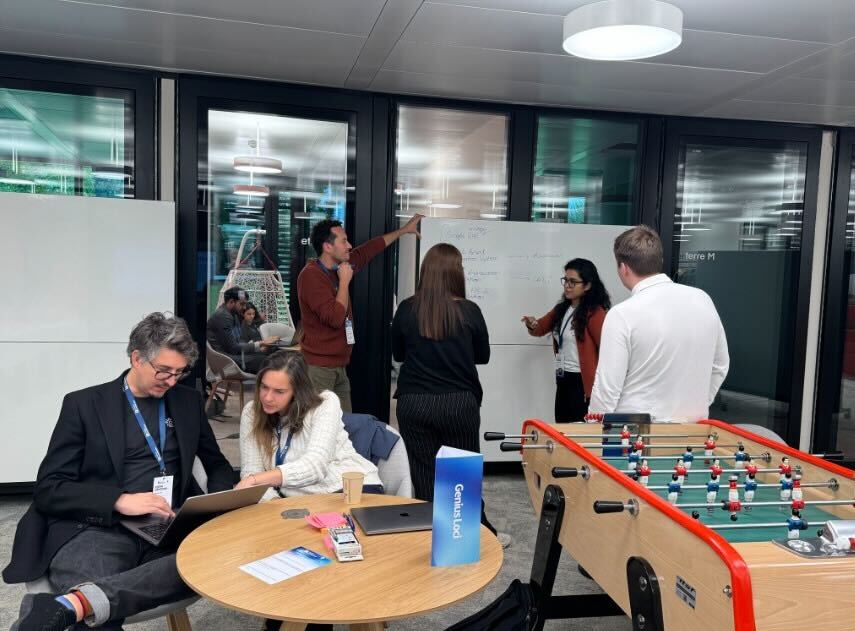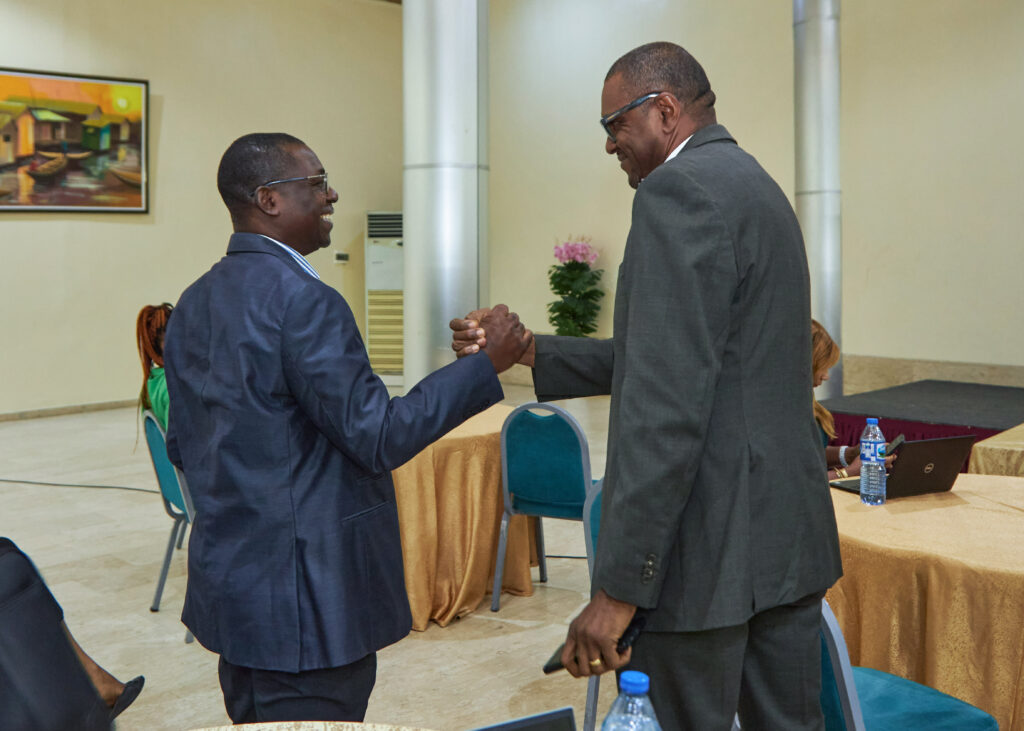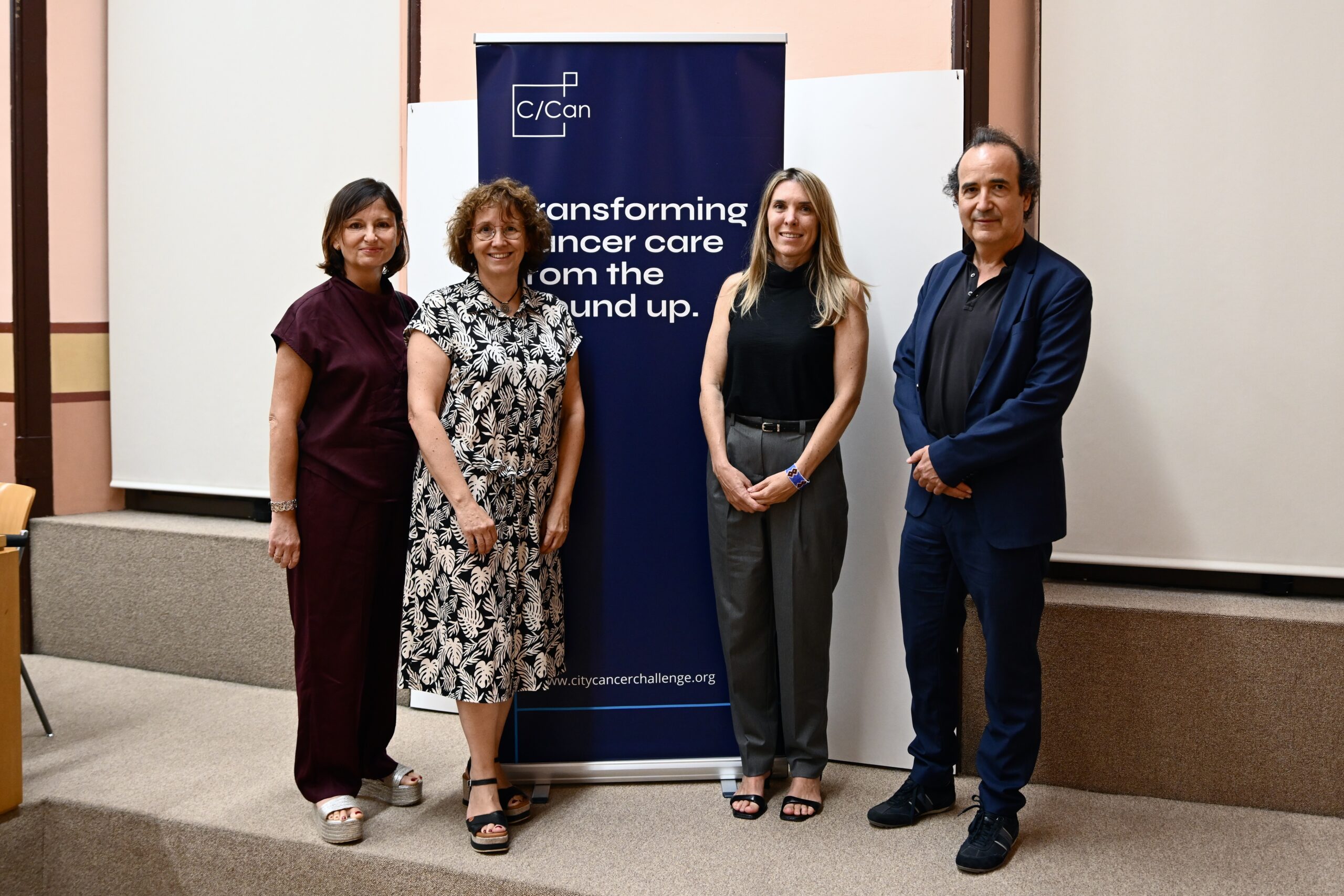
Change in cancer care rarely begins with a grand breakthrough. It often starts small, quiet, with a single doctor learning a new technique, one hospital adopting a new process, one partnership creating new opportunities. At first, these moments seem small, however, with the right connections, they do not stay that way. They ripple outwards, grow, adapt, and multiply, transforming into waves of systemic change that reach patients thousands of miles away, far beyond where it first began.
A Global Classroom Without Walls
Catalan health institutions have opened their doors to the world, transforming Barcelona into a leading city in cancer care, patient support, research, and technical cooperation. Through the combined strength of the Institut Català d’Oncologia (ICO), Hospital del Mar, Hospital Sant Joan de Déu, and the Catalonia Cancer Plan, Barcelona has become more than a centre of excellence — it has become a catalyst for global progress in cancer care.
On 15 September, City Cancer Challenge (C/Can), in collaboration with the Government of Catalonia, hosted an event celebrating this shared commitment to advancing cancer care worldwide. The gathering highlighted how, when local expertise is strategically shared, it creates ripple effects that strengthen health systems in cities across low- and middle-income countries (LMICs). It is a reminder that by connecting knowledge across borders, we are building a global classroom without walls.
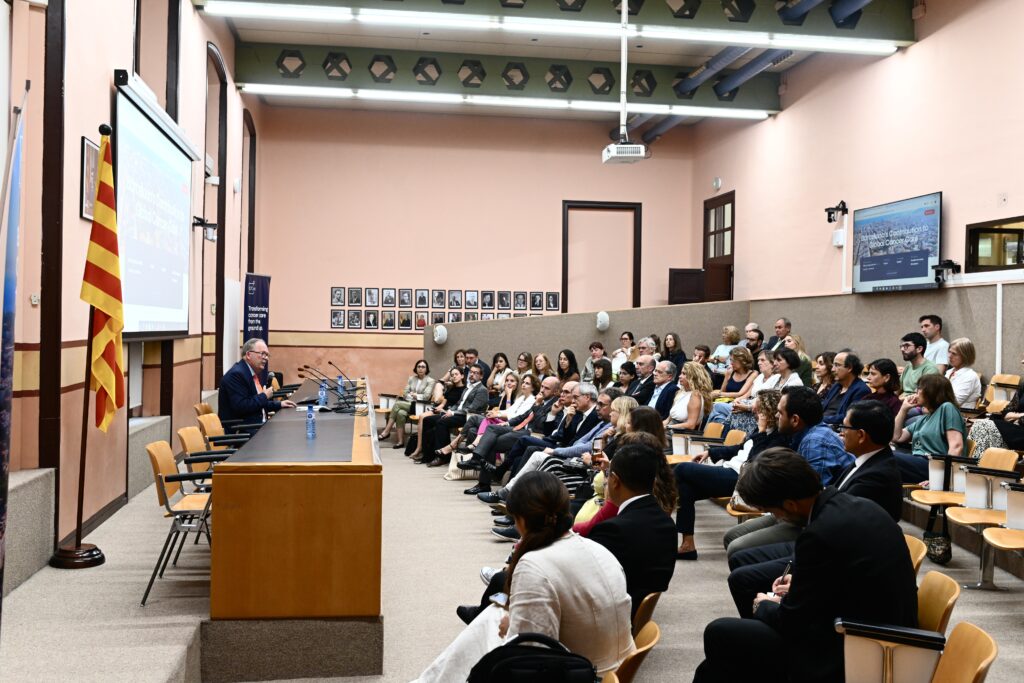
Real Impact Stories
The power of this collaboration is brought to life through the stories of healthcare professionals who took the lessons learned from Barcelona’s expertise back to their own cities.
For Dr Luis A. Zuñiga from Hospital Aranda de la Parra in León, Mexico, immersion in the colorectal cancer surgery department at Hospital Vall d’Hebron laid the foundation for a new clinic concept in León.
In my city, cancer care, particularly for colorectal cancer, is fragmented. Our collaboration with Hospital Vall d’Hebron provided us with tools and techniques for direct referrals to primary care, helping to reduce this fragmentation. As a result of these new insights, we established the country’s first colorectal functional clinic.
Dr Miguel Ángel Guerrero, also from Hospital Aranda de la Parra, focused his visit on the Breast Cancer Unit at Hospital del Mar. The insights he gained became the blueprint for León’s own approach to the concept of breast cancer functional units.
In León and Mexico, we face a problem with breast cancer diagnosis, as most patients are diagnosed at a late stage. During this visit to Hospital del Mar, we aimed to give patients a better chance of survival and to preserve the breast. We have adopted a new, more coordinated way of working with functional units. This has enabled us to reduce treatment delays and achieve better outcomes.
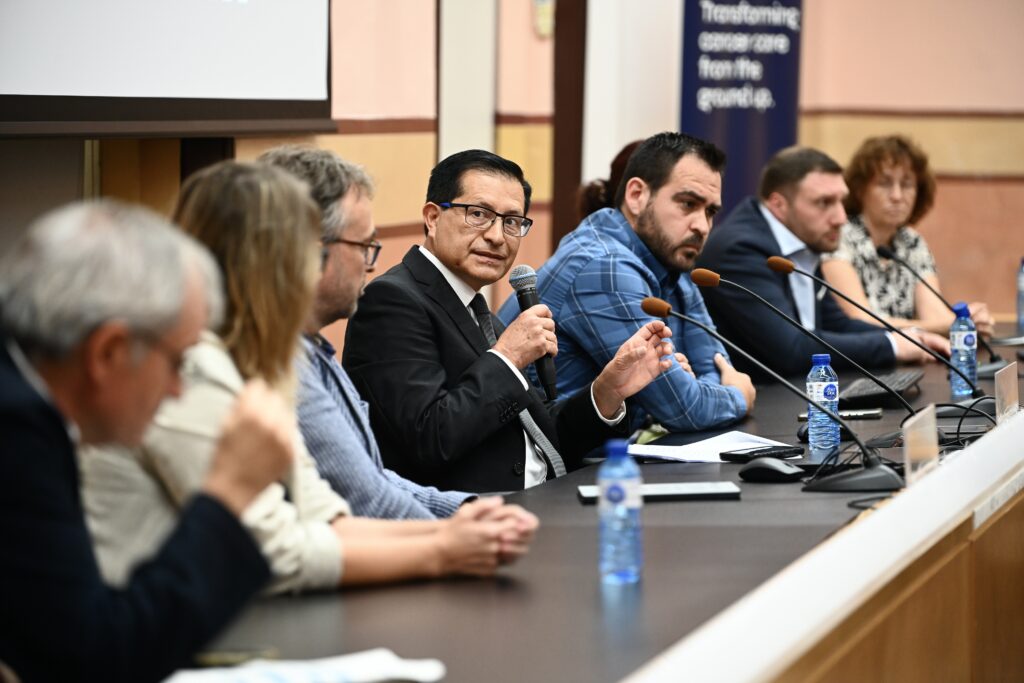
From Tbilisi, Georgia, Nana Mebonia led the city project on quality of cancer care in the first cycle of implementation through C/Can’s city-led model, which exemplifies how one visit can create multiple waves of change. Her and her local team of experts’ collaboration with Hospital del Mar, ICO, and the Catalonia Cancer Plan informed the development of breast and cervical cancer guidelines, multidisciplinary team training, and improvements to cancer registration systems in Tbilisi:
Everything we learned in Barcelona became a catalyst for change in Georgia. We translated that knowledge into concrete actions: standardised cervical cancer management guidelines approved by the Ministry of Health, quality control protocols in pathology, imaging, and radiotherapy, and strengthened oncology training programmes that are now shaping the education of doctors and nurses. What we learned there is now improving care for thousands of patients at home.
Meanwhile, Dr Archil Sharashenidze drew on his visits to ICO and Bellvitge University Hospital to help establish new regulatory standards in Georgia requiring all hospitals providing cancer surgery and systemic oncology treatment including to have in-hospital oncology pharmacies.
Our collaboration between Caucasus Medical Center and ICO, thanks to C/Can, was incredibly valuable. Through this exchange of knowledge, ideas, and experiences, we created local guidelines based on international protocols. Back home, we reviewed these with our Ministry of Health. One key outcome was establishing the central pharmacy and ensuring treatment safety for patients. Collaborations like this bridge the gaps in cancer care and, I hope, will continue in the future.
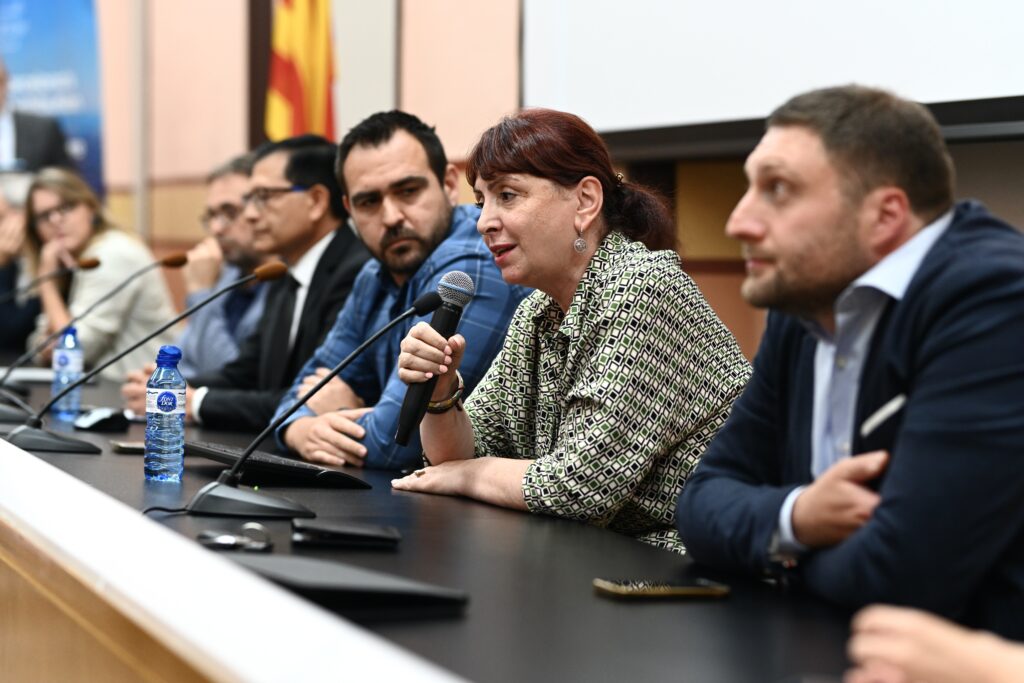
Perspectives from Barcelona’s Leaders
The commitment to global knowledge-sharing runs deep within Barcelona’s medical community. Josep Borras, Director of the Catalan Cancer Plan, emphasises that the challenges of building strong cancer care systems are universal:
What we’ve learned through these collaborations is that putting together a cancer policy faces the same difficulties everywhere. Coordinating resources, aligning stakeholders — these challenges transcend borders. When you work in government and with healthcare professionals, you share the same fundamental problems, even if resources differ. This understanding creates stronger partnerships.
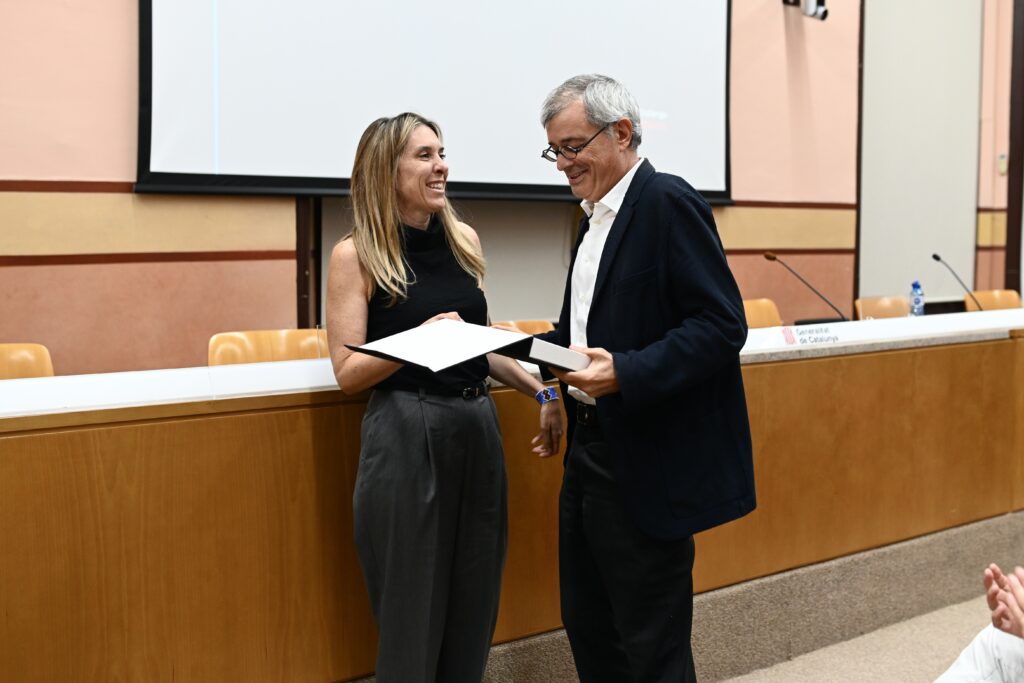
Dr. Maite B. Gorostegui, Paediatric Oncologist at Hospital Sant Joan de Déu, underscores the global impact of these efforts:
We are incredibly proud of our partnership with C/Can, as our work together directly supports the WHO Global Initiative for Childhood Cancer, which aims to increase survival rates for children with cancer globally to at least 60% by 2030. Working with C/Can cities to train primary healthcare professionals in recognising early childhood cancer signs fills us with great pride. Their role in ensuring timely referrals is critical to providing every child with the best possible care.
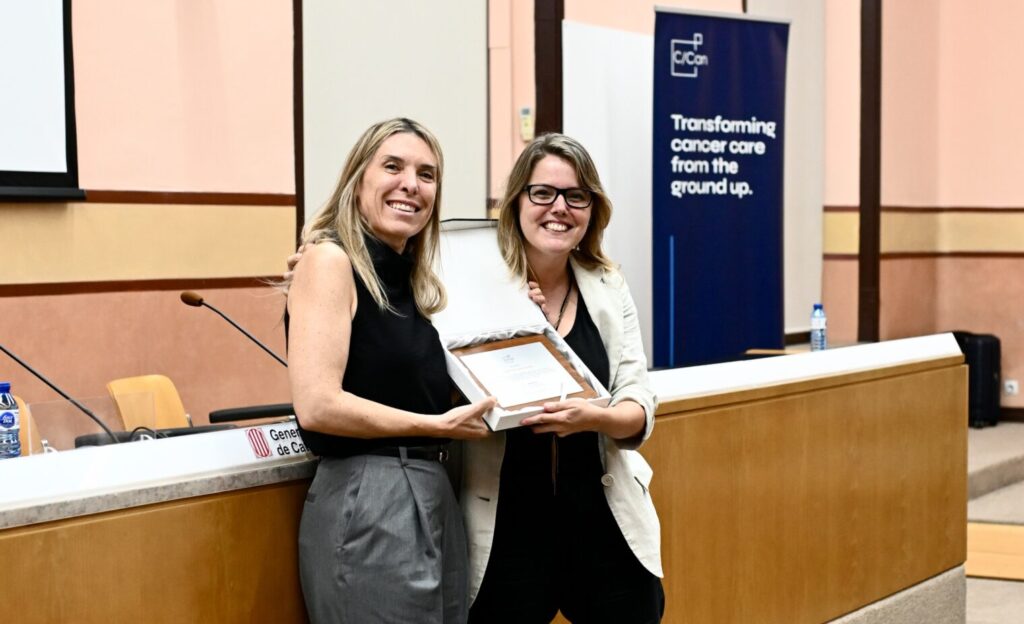
Building Bridges, Multiplying Impact
At the heart of these stories is C/Can’s role as a connector. We ensure that expertise is not confined to one city but shared across a whole network. By focusing on the power of knowledge exchange across borders and geographies, C/Can creates a learning space without walls, where cities can exchange ideas, adapt knowledge to their realities, and co-create solutions that strengthen health systems.
From Ripples to Waves
The ripple does not stop with one professional. When trained experts return home, they become trainers themselves, sharing techniques with colleagues, implementing new protocols, and inspiring institutional change. What begins as a single visit becomes the foundation for new training programmes, updated guidelines, improved regulatory frameworks, and stronger multidisciplinary approaches that benefit thousands of patients.
This is the scaling power of C/Can’s model: turning small beginnings into systemic transformation. Barcelona’s expertise may start the ripple, but through C/Can’s global classroom, those ripples grow into waves of change that reach far beyond borders.
When cities learn together, the ripples of knowledge strengthen health systems everywhere.




